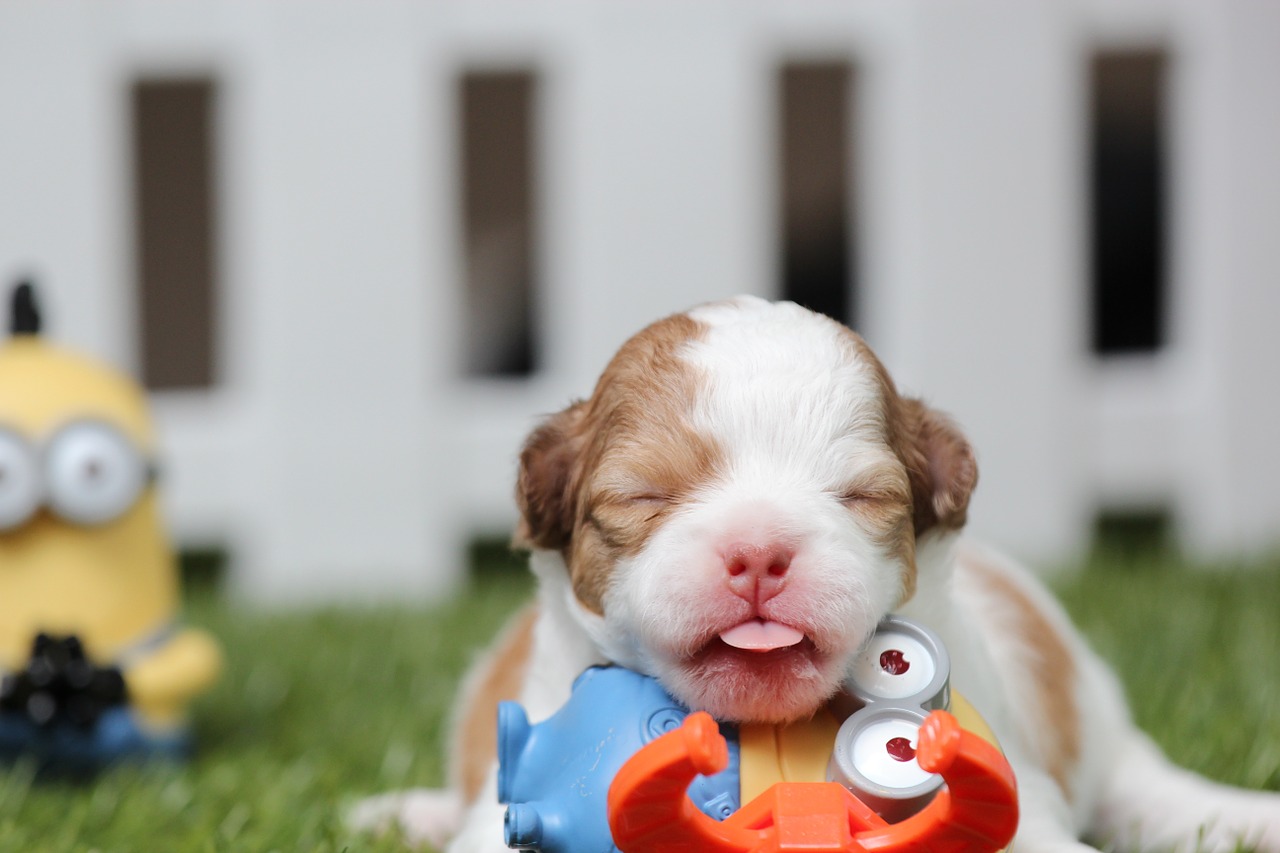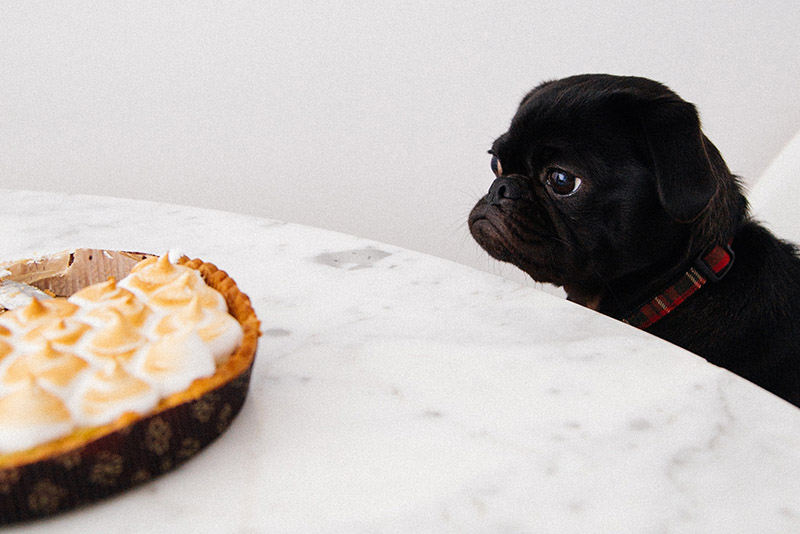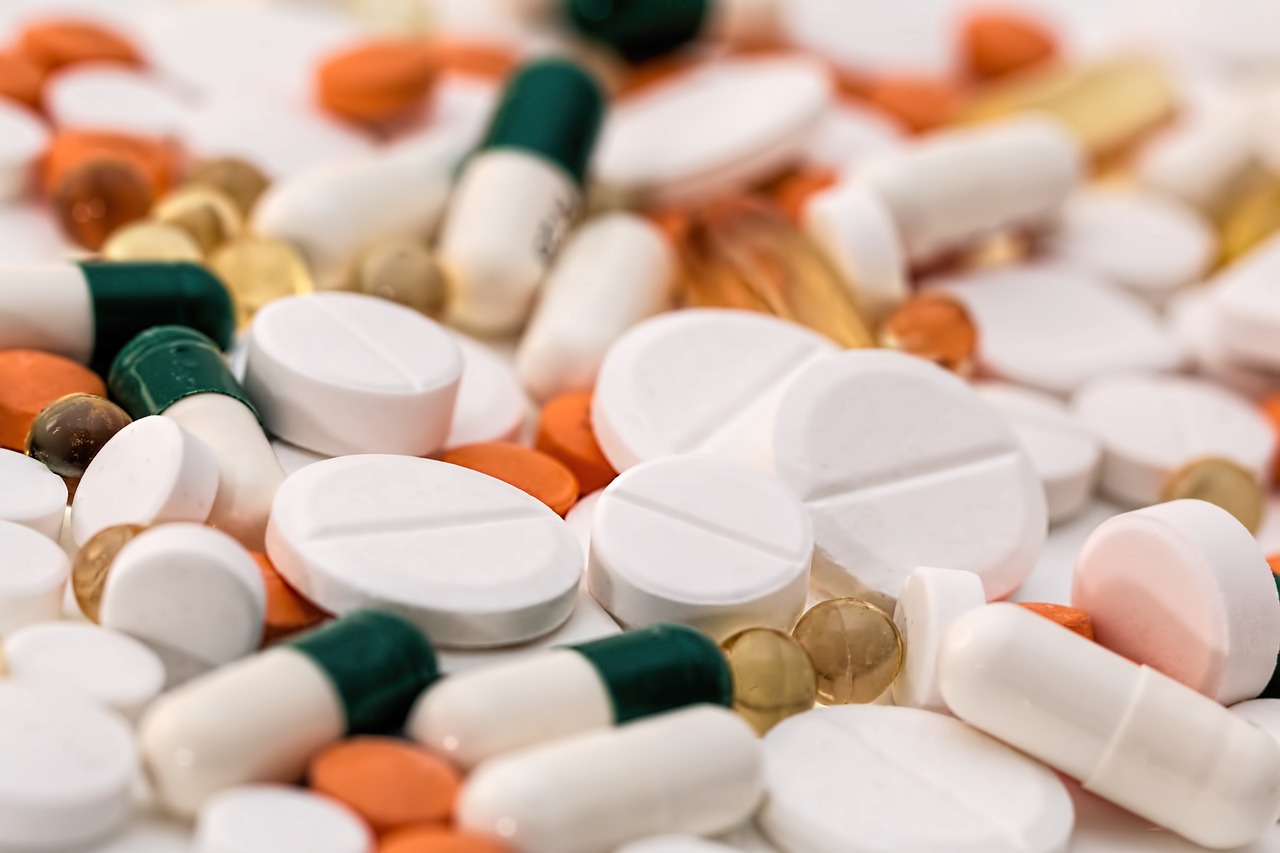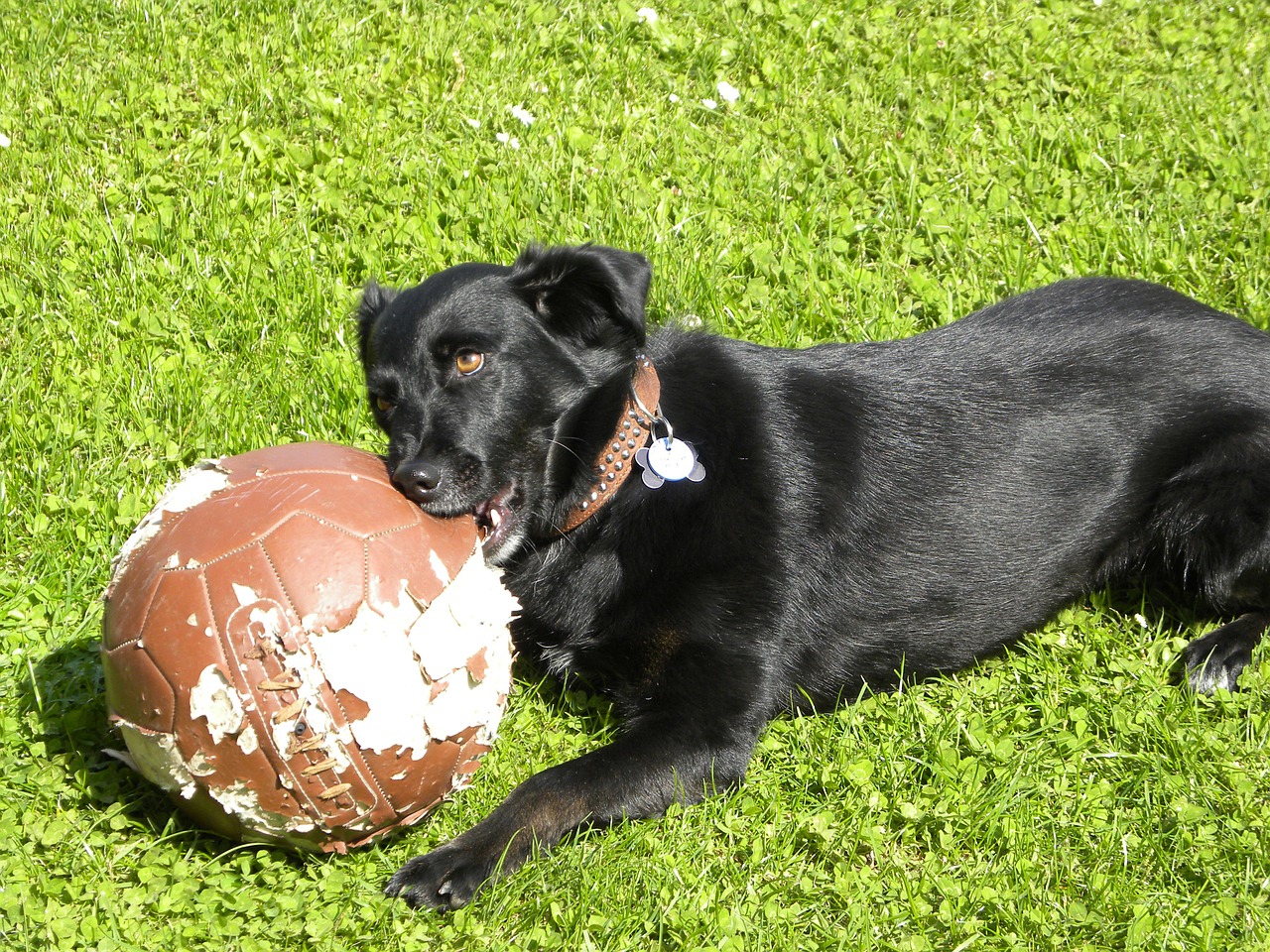
How to Prevent Your Puppy from Chewing on Your Personal Belongings
Puppies have two sets of teeth that emerge within the first six months of life. Just like human babies, they often find chewing soothing. And even after teething, some dogs just like to chew.
You can't expect your puppy to instinctively know what is okay for her to chew on and what is not. Instead, you will need to guide and shape her habits in more healthy ways.
For instance, you can give your puppy high-quality dog toys made just for chewing. But, you may have to experiment before you find out which ones your puppy likes.
Look for toys that are hard (but not too hard) and do not have small bits that can be chewed off and swallowed.
Never give your puppy old shoes and socks to chew on, since both of these items can become choking hazards. And if you have young children, don’t let your puppy play with their stuffed animals and don’t give her similar toys (even if they are from the pet store).
Puppy tip: Give your puppy toys that are as different as possible from your own possessions.

Getting a forbidden item from your puppy
If your puppy gets hold of something that you don’t want her to play with, intervene quickly. Don't yell; this will only scare her. Also, don't chase your puppy to try to retrieve the item. She may think you’re playing a game with her.
Keep a ready supply of more interesting toys or treats. Offering your puppy a treat or one of these toys should cause her to drop your possession and choose the appropriate one. Be patient. Eventually, your puppy will learn that she must play with her own toys.
Limiting access to your personal belongings is important. Pick up your belongings and keep closet doors closed.

Cupboards
Just like toddlers, dogs can learn to pry doors open. Consider installing child-proof latches on cupboard or closet doors. Even if your puppy doesn't get into the cupboard that contains the drain cleaner, there are still other hazards that can easily be avoided. For example, it doesn’t take a puppy very long to get into a bag of dog kibble or human food and consume enough of it to cause serious gastric problems.

Medications
Place medications in secure containers located in secure places (not on your bedside table). Puppies can chew through child-proof bottles! When you need to take medications, go to a room away from your puppy in case you spill some tablets on the floor (if you don’t know already, you'll quickly learn that puppies move fast).
The outside of your home
The outdoor part of your home can be dangerous for puppies, too.
Read all instructions regarding pesticides and fertilizers and make sure you store these items—as well as antifreeze, paint thinners and solvents—out of your puppy’s reach. Slug bait is also deadly to dogs.
Look for pet-friendly products, but don't forget that even 'natural' substances (such as compost) can be harmful to your puppy’s health.
Don't let your puppy into the garage, workshop or shed where you store these items.
If your yard is fenced in, make sure that there are no places where your dog can squeeze out.

Be very careful if you have a pool or a pond, since many dogs (especially puppies) have drowned after falling into water while the owner isn’t paying attention. Teaching a dog to swim to the shallow end (or even to climb a ladder) to get out of a pool can be a lifesaver.
The entrances to your home can be the most dangerous places for your puppy. Many puppies are prone to slipping outside as soon as a door is opened, where they can easily scoot onto the road and get hit by a car. Make sure someone has control of your puppy before opening the door (or use gates to bar your puppy from the entrance).










